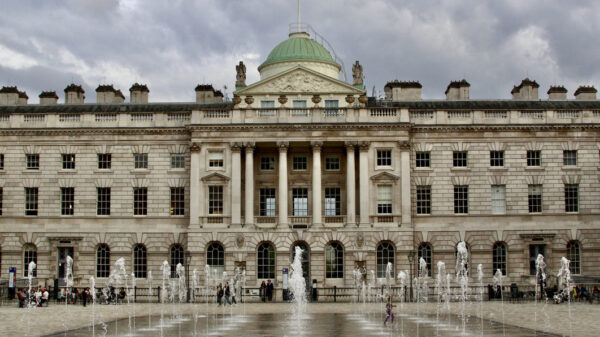It’s 3am. You just fell out of the club. You’ve lost track of your friends, and you don’t know the area. The last trains and tubes have gone, there are no taxis around and you don’t have cash. We all know the familiar saviour – Uber. But, as of 22 September, Uber is on the out and it means something drastic for each and every one of us.
Transport for London (TFL) revoked Uber’s private hire license for multiple violations, including its use of police-dodging software and its failure to adequately deal with criminal allegations of road rage and sexual assault.
Of course, criminal offences should bring about consequence and prosecution, and it is right that Uber’s failure to cooperate has been recognised. However, there are a number of London-based companies infringing upon legal and ethical standards that have not, and probably will never, come under such scrutiny. And, there are ways of combatting such problems other than outright revoking of company licenses. The banning of Uber must be understood as a choice move – one which says something for the capital and its residents.
As such, the decision is undoubtedly politically charged.
The ban has received the backing of the Labour Party, with their leader Jeremy Corbyn stating that the party “supports the fight against ‘Uber-isation’ of the work placeâ€. Labour Mayor of London Sadiq Khan agreed that private hire companies had to “play by the rulesâ€. The General Secretary of the Trades Union Congress (a federation of trade unions in England and Wales), tweeted “firms have a choice. Sit down with us and work out a fair deal for workers. Or end up in court and all over the front pagesâ€.
This isn’t just coincidental. The Uber ban is a big win for the political left against gig economy employment. Labour, Khan and the trade unions don’t like Uber’s employment practises, which involve independent contracts (flexible hours) in exchange for lower pay and less work-place protection like holiday pay, sick pay and redundancy payments. Making a big political gesture against this trumps the ability of 3.5 million people to travel around the capital flexibly and on the cheap.
We can’t argue that the grounds for action aren’t valid. Criminal allegations must be investigated and changes should be made. But something much larger is happening. The ban represents an infringement upon an employee’s right to choose a particular type of employment, and a customer’s right to choose where they give their custom. The Telegraph headlined in response that the ban had “exploded young people’s delusion that they live in a free countryâ€. And it won’t end with Uber, other employers offering low paid, flexible contracts like Deliveroo, Hermes and TaskRabbit should probably sleep with one eye open.
If Uber are to leave, the immediate result will be that Londoners, including us students, will resort to other measures to get out of a tight spot or get somewhere quickly on the cheap, decreasing safety and requiring more police time as a result. But more than this, politics will have taken away from our freedom of choice.
If those in the capital aren’t free to choose their means of transport or their means of working, we’re left to wonder: What else might be up for the taking in the future?


















